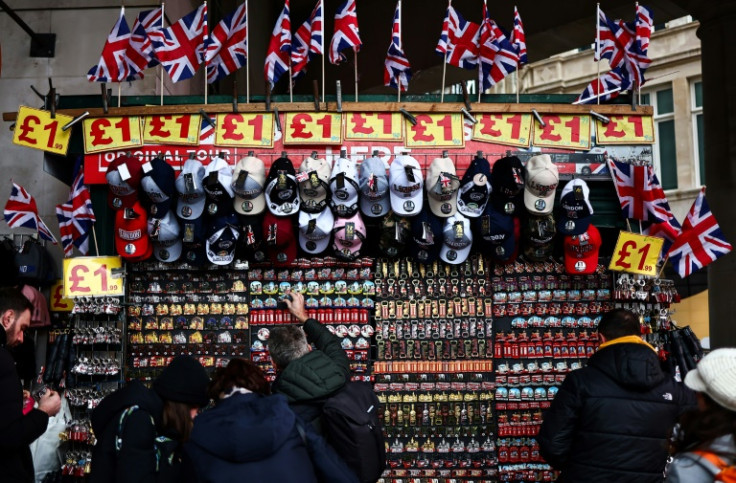UK Inflation Hits Three-year Low, Fuelling Rate-cut Hopes

Britain's annual inflation rate fell to a three-year low in September, official data showed Wednesday, fuelling speculation that the Bank of England will resume cutting interest rates next month.
The Consumer Prices Index (CPI) reached 1.7 percent last month, well below the BoE's two-percent target, after hitting 2.2 percent in August, the Office for National Statistics (ONS) said in a statement.
The inflation rate was lower than the 1.9 percent rise that analysts forecast and has cemented expectations that the central bank would likely cut interest rates again in November.
"Lower airfares and petrol prices were the biggest driver of this month's fall," said Grant Fitzner, chief economist at the ONS.
He added that this was partially offset by a strengthening in food price inflation for the first time since early last year.
The inflation data "clears the path for another 25-basis point rate cut in November", said Richard Flax, chief investment officer at wealth management company Moneyfarm.
"The underlying conditions support this move -- energy prices have eased, the economy has cooled, and the labour market has stabilised," he said.
It comes after official data on Tuesday showed an easing in Britain's unemployment rate and wage growth, which also bolstered analysts expectations of a rate cut.
"It is absolutely amazing to see such a dramatic drop in the UK's CPI number, and the news had brought nothing (but) good things for the Bank of England," said Naeem Aslam, chief investment officer at Zaye Capital Markets.
The inflation news will likely be a boost to the new Labour government ahead of its maiden budget later this month.
Prime Minister Keir Starmer has warned Britons that the budget announcement will be "painful", with tax rises and spending cuts expected.
"We are being repeatedly told tough decisions are to be announced, so any sliver of good economic news will likely be pounced upon," said Lindsay James, investment analyst at Quilter Investors.
Starmer's Labour government won power at the start of July, ending 14 years of Conservative rule.
In August, the BoE reduced it key rate for the first time since early 2020, from a 16-year high of 5.25 percent as inflation returned to normal levels.
But it decided against a second reduction in a row in September.
The BoE hiked borrowing costs 14 times between late 2021 -- when they stood at a record-low 0.1 percent -- and the second half of last year.
Supply-chain disruptions following Covid lockdowns, together with soaring food and energy prices caused by Russia's invasion of Ukraine, sent global inflation surging.
© Copyright AFP 2025. All rights reserved.




















